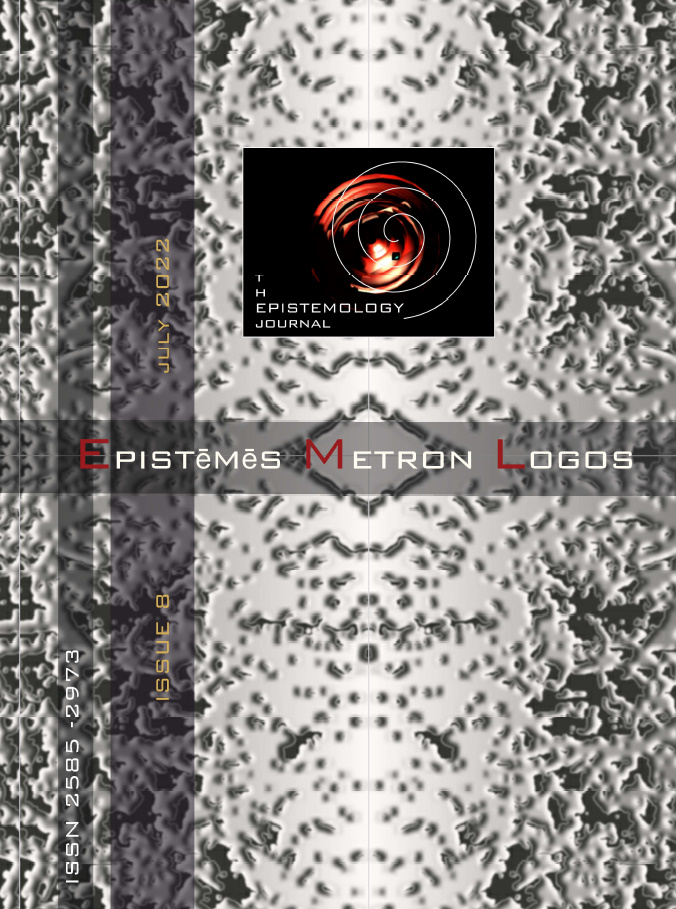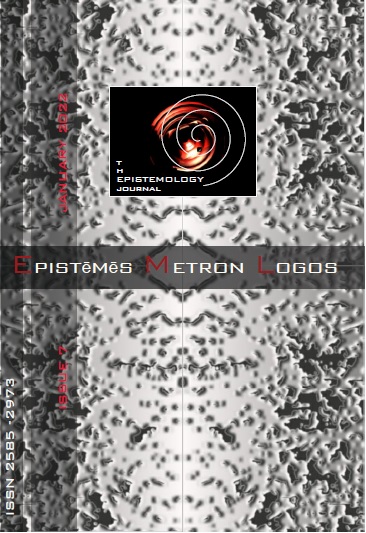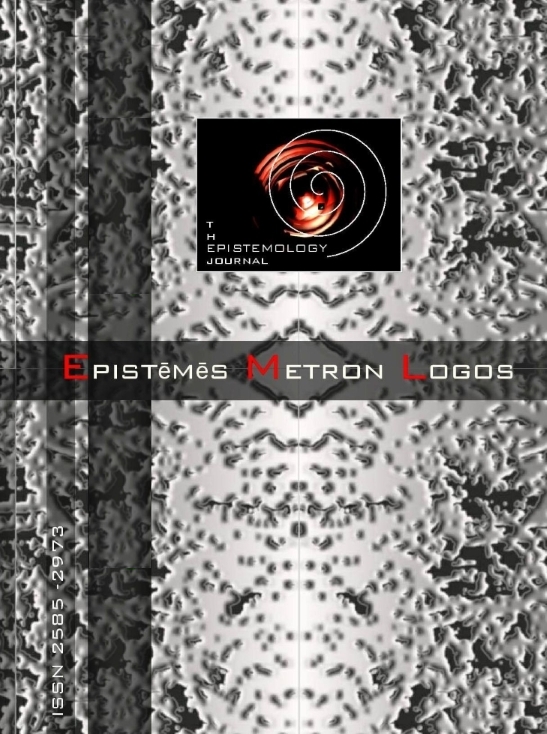When academic papers’ stated emails do not match authors’ affiliations: A new budding crisis in paper mill-ridden academic publishing?

Abstract
The email that is indicated on an academic paper usually reflects that of the corresponding author (CA). In some cases, there may be more than one CA, and thus emails. It stands to reason that the email, especially if its is an institutional email, should obligatorily match that of the CA’s affiliation. This report highlights 47 papers, all in Wiley (Hindawi) open access journals, in which the institutional email address suffix does not match or correspond to the stated affiliation indicated as the CA’s affiliation. All papers, except for one, have a stated Chinese academic affiliation. One possibility is that such papers are associated with paper mills, i.e., third party paid services providing content, and possibly even emails to CAs. Editors of the journals in which these papers have been published have the responsibility to investigate.
Article Details
- Come citare
-
Teixeira da Silva J. Α. (2022). When academic papers’ stated emails do not match authors’ affiliations: A new budding crisis in paper mill-ridden academic publishing?. Epistēmēs Metron Logos, (8), 1–8. https://doi.org/10.12681/eml.31441
- Fascicolo
- N. 8 (2022): July 2022
- Sezione
- Publishing partner

Questo lavoro è fornito con la licenza Creative Commons Attribuzione - Non commerciale 4.0 Internazionale.
Authors who publish with this journal agree to the following terms:
Authors retain copyright and grant the journal right of first publication with the work simultaneously licensed under a Creative Commons Attribution Non-Commercial License that allows others to share the work with an acknowledgement of the work's authorship and initial publication in this journal.
Authors are able to enter into separate, additional contractual arrangements for the non-exclusive distribution of the journal's published version of the work (e.g. post it to an institutional repository or publish it in a book), with an acknowledgement of its initial publication in this journal.
Authors are permitted and encouraged to post their work online (preferably in institutional repositories or on their website) prior to and during the submission process, as it can lead to productive exchanges, as well as earlier and greater citation of published work.




